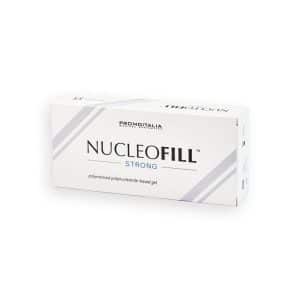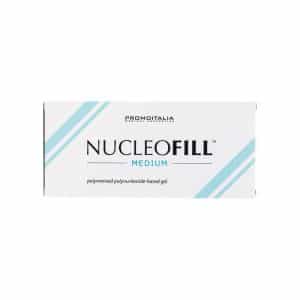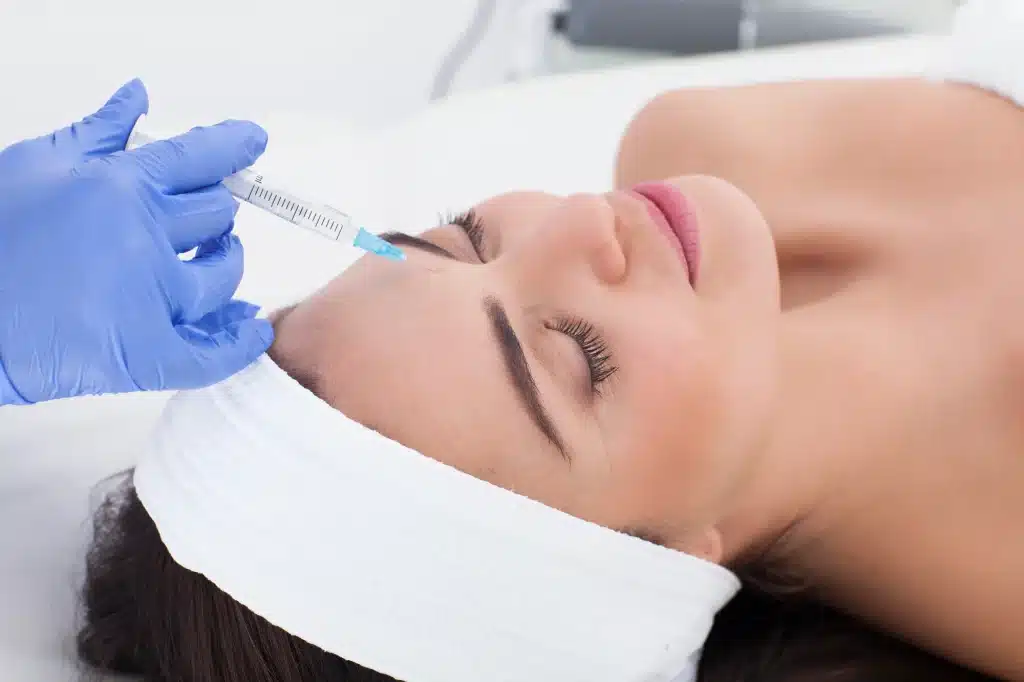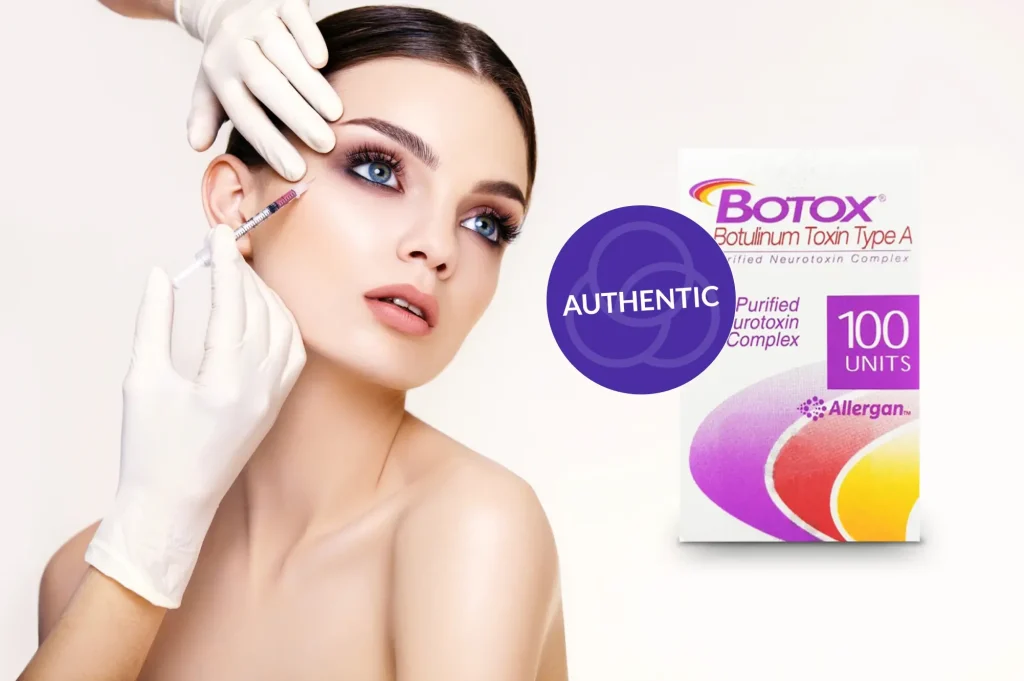A study published in the Journal of Cosmetic Dermatology underscores the importance of personalized approaches in achieving optimal results from injectable treatments. Factors such as treatment frequency, patient lifestyle, and individual skin conditions are crucial in determining the effectiveness of these procedures.
Polynucleotides are a popular injectable treatment known for their regenerative properties and ability to enhance skin quality. These treatments stimulate collagen production and improve skin hydration, offering a natural approach to facial rejuvenation.
This article will explore how often you should receive polynucleotide treatments, discuss their benefits, explain how they work, and provide information on where to find them.
Key Takeaways
- Consistent polynucleotide treatments at the recommended intervals are essential for achieving and maintaining optimal results over time.
- Skin condition, age, and desired outcomes influence the ideal treatment frequency. Tailored schedules ensure the best results for each individual.
- Regular treatments improve skin texture, enhance elasticity, reduce fine lines and wrinkles, and promote rejuvenation, offering lasting anti-aging effects.
- Polynucleotides stimulate collagen and elastin production, which is key for maintaining youthful skin and improving firmness and tone.
- Ongoing treatment boosts skin’s natural regenerative processes, strengthening its ability to resist environmental aging factors.
About: Medical Spa RX provides medical practices with premium products at the best prices. If you’re looking to order Polynucleotides online for your practice, the sales representatives at Medical Spa RX can give you guidance.
Understanding Polynucleotides Treatment Frequency
Understanding polynucleotide treatment frequency is essential to achieving the best results for skin rejuvenation treatments. Proper timing between sessions ensures the skin or scalp has enough time to respond and heal, maximizing the benefits of each treatment.
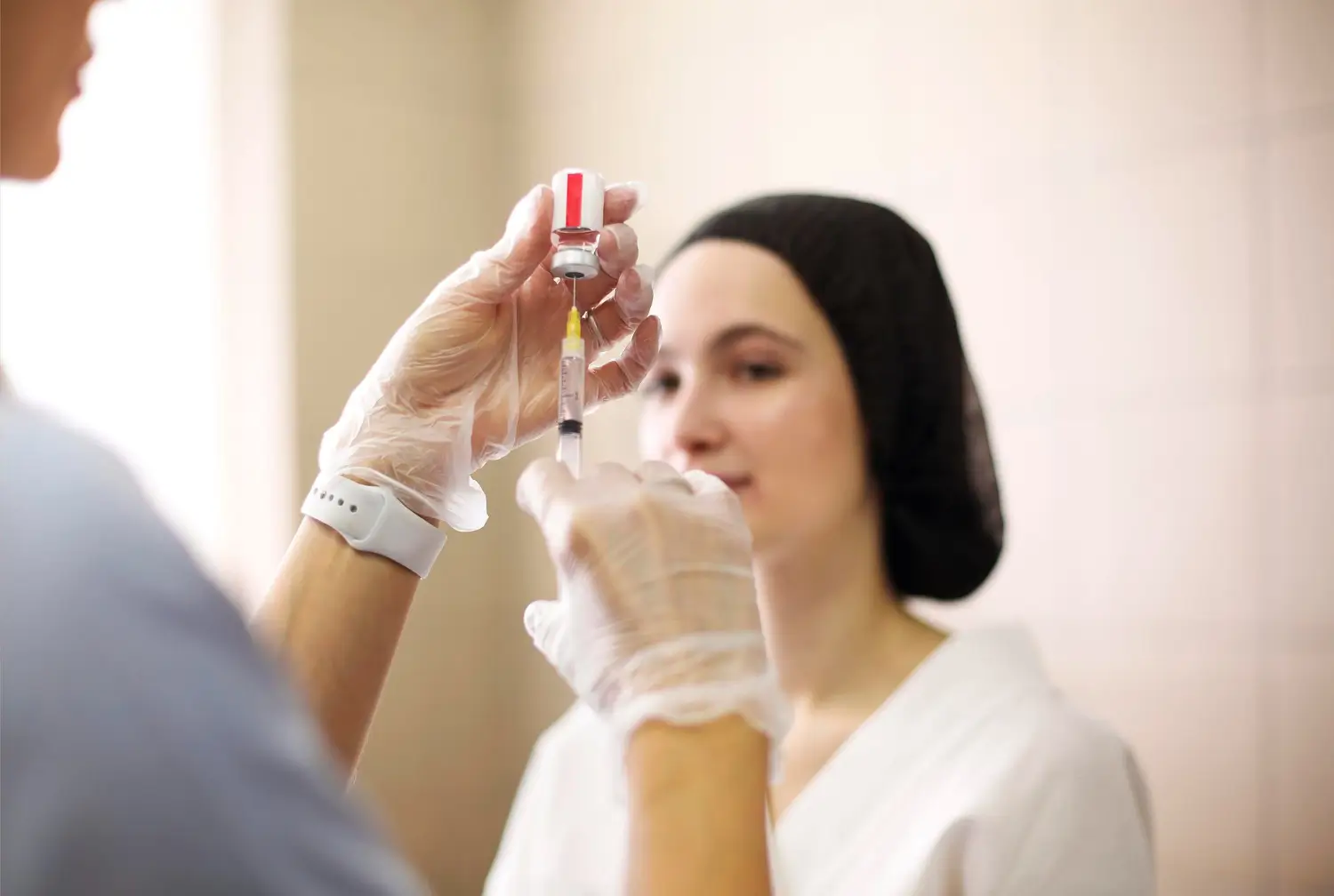
If sessions are too close together, the skin or hair follicles may not fully absorb the effects. Conversely, waiting too long between treatments can slow progress. A well-planned treatment schedule promotes optimal collagen production, improves skin texture, supports hair regrowth, and delivers long-lasting results. Following expert guidance is key to achieving the best outcomes.
Typical Treatment Schedule for Polynucleotides
Polynucleotide treatments are typically administered in a series of sessions to achieve optimal results, whether for skin rejuvenation or specific conditions like polynucleotides for hair loss. The treatment schedule varies depending on the targeted area and the severity of the condition.

For hair loss, patients generally require 4–6 sessions spaced 2–3 weeks apart. This allows sufficient time for the polynucleotides to stimulate cellular repair, improve blood circulation, and enhance follicle health. For skin-related concerns, a similar schedule of 3–5 sessions may be recommended, with intervals of 2–3 weeks depending on the desired outcome and the patient’s response to treatment.
Maintenance treatments are often suggested every 3-6 months to sustain the results. This structured schedule ensures gradual and long-lasting improvements, whether targeting hair restoration or skin vitality.
Factors Affecting Treatment Frequency
The frequency of polynucleotide injections is influenced by several factors, ensuring a personalized approach for optimal results:

- Patient’s Skin Condition and Age: Younger patients or those with mild concerns typically require fewer sessions. Older individuals or patients with severe hair loss or skin damage may need a more intensive treatment schedule.
- Desired Results and Expectations: Patients seeking subtle improvements might need fewer injections. Those aiming for dramatic changes, such as restoring hair density or addressing significant skin concerns, may require more frequent treatments.
- Practitioner’s Recommendations and Experience: Skilled practitioners evaluate individual needs and tailor the treatment schedule accordingly. Their expertise ensures maximum efficacy while minimizing the risks of over-treatment.
Long-Term Benefits of Regular Polynucleotides Treatments
Polynucleotide treatments offer lasting improvements in skin health and appearance. Consistent use stimulates collagen production, helping skin regain its youthful look. Regular treatments lead to firmer, smoother skin, enhancing overall skin texture.
- Improved Skin Texture and Elasticity: Polynucleotides enhance collagen and elastin production, producing smoother, firmer skin. Regular treatments promote lasting improvements in texture and elasticity, ensuring a more youthful and resilient appearance over time.
- Reduction of Fine Lines and Wrinkles: Polynucleotide treatments stimulate collagen production, helping reduce the appearance of fine lines and wrinkles. This provides long-term smoothing effects and supports a more youthful complexion.
- Overall Skin Rejuvenation and Anti-Aging Effects: Polynucleotides boost fibroblast activity and collagen synthesis, improving skin tone and vitality. Consistent treatments foster ongoing skin rejuvenation, maintaining a refreshed, youthful look and supporting the skin’s natural ability to resist aging.
Incorporating regular polynucleotide treatments into your skincare routine offers significant long-term benefits, improving skin texture and elasticity and reducing wrinkles. Consistency is key to maintaining youthful, glowing, and rejuvenated skin.
Conclusion
Determining the right frequency for polynucleotide treatments can be challenging, but a doctor can help. After assessing your skin and goals, they create a personalized treatment plan. Regular treatments improve skin in multiple ways over time, so finding the optimal schedule is essential for achieving the best results. Professional guidance allows you to maximize the benefits and enjoy long-lasting skin improvements.
FAQs
1. What are polynucleotides, and how often should I receive treatment?
Polynucleotides are an ingredient in many health treatments. The frequency of treatment varies depending on your personal needs and the advice of your healthcare provider.
2. How do polynucleotides compare to exosomes?
Polynucleotides and exosomes serve different bodily roles, but both can benefit health. Consult a medical professional to understand which may suit you better.
3. What skin concerns can polynucleotides address?
Polynucleotides can improve skin texture and elasticity, reduce fine lines and wrinkles, and rejuvenate the skin overall, making them effective anti-aging agents.
4. How do polynucleotides work for skin rejuvenation?
Polynucleotides boost fibroblast activity, enhance collagen and elastin production, and help repair damaged skin, leading to smoother, firmer, and more youthful-looking skin.
References
Lampridou S, Bassett S, Cavallini M, Christopoulos G. The Effectiveness of Polynucleotides in Esthetic Medicine: a Systematic review. Journal of Cosmetic Dermatology. Published online December 8, 2024. doi:10.1111/jocd.16721
What Is Skin Rejuvenation? Verywell Health. https://www.verywellhealth.com/skin-rejuvenation-5120583

